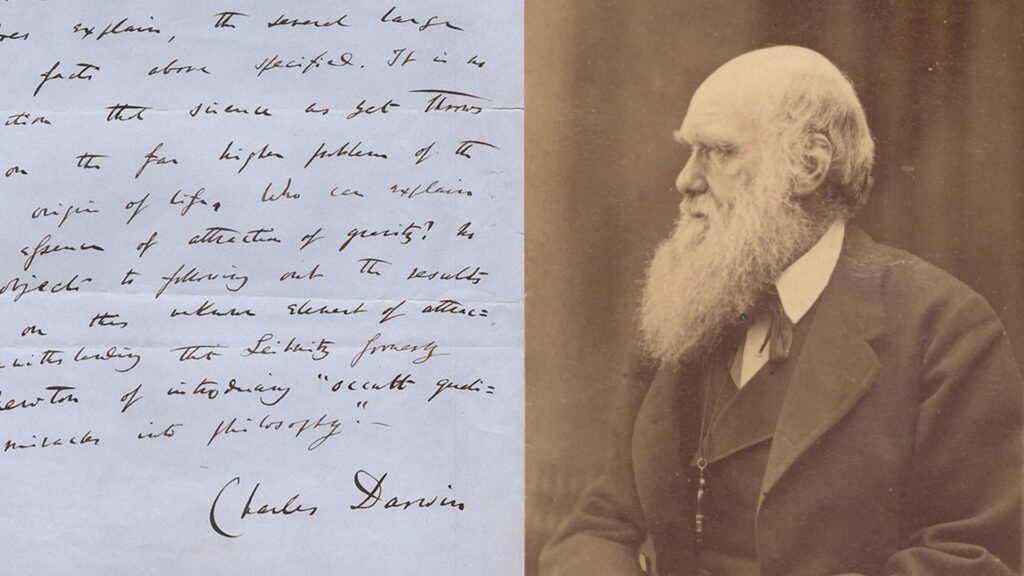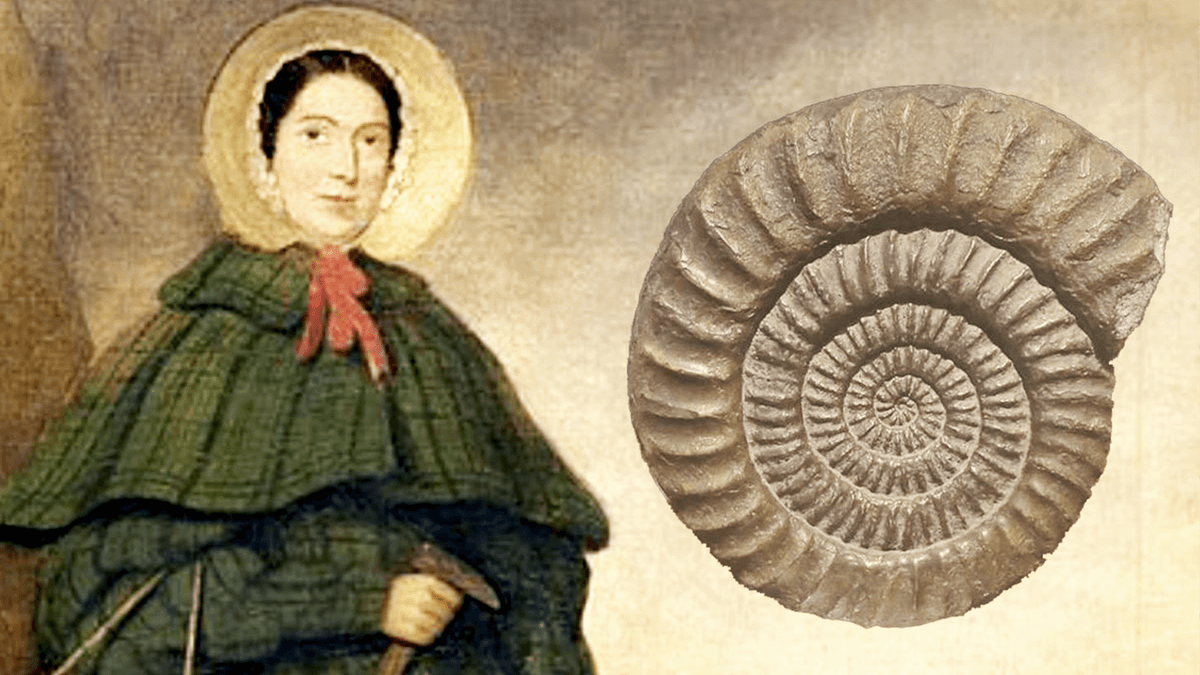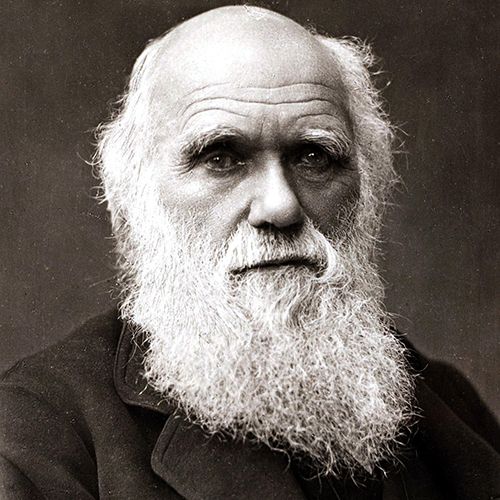Charles Darwin

Manuscript page from Charles Darwin's 'On the Origin of Species'
Biography
Charles Darwin was born in 1809 in Shrewsbury, England, into a family that valued science and learning. Although he first studied medicine and theology, his curiosity about the natural world pushed him toward the study of plants, animals, and geology.
In 1831, Darwin embarked on a five-year voyage aboard the HMS Beagle as the ship’s naturalist. While mapping the coastlines of South America and visiting distant islands, he collected plant and animal specimens and recorded detailed observations that would later change science forever.
On the Galápagos Islands, Darwin noticed variations in finches’ beaks from one island to another. These small differences, shaped by each bird’s environment and food sources, hinted at a process in which species could adapt over generations to survive—a process he would later call natural selection.
Darwin returned to England with thousands of specimens and a head full of questions. Over the next two decades, he quietly refined his ideas, gathering evidence from experiments, correspondence with other scientists, and studies of domesticated animals. He hesitated to publish, aware that his theory challenged long-held religious and societal beliefs about the origins of life.
In 1859, Darwin finally released 'On the Origin of Species.' His work argued that all life is connected through common ancestry and that species evolve over time through natural selection—ideas that were groundbreaking, controversial, and deeply unsettling to many of his contemporaries.
Darwin faced fierce criticism from religious leaders and some scientists, while also earning the support of others who saw the strength of his evidence. His ideas sparked debates that would last well beyond his lifetime, influencing biology, medicine, anthropology, and even philosophy.
Despite chronic illness, Darwin continued to research and publish, extending his studies to plants, earthworms, and human evolution. His perseverance and commitment to evidence-based science made him one of the most influential figures in history, reshaping how humans see themselves in relation to the natural world.
Darwin didn’t just propose a new idea about how life changes, he introduced a framework that transformed science itself. His theory of evolution by natural selection challenged humanity to see itself as part of nature, not separate from it. He demonstrated the power of careful observation, patient research, and evidence over assumption. Darwin’s work became a foundation for modern biology, influencing medicine, genetics, ecology, and conservation. Perhaps most importantly, his courage to publish in the face of fierce opposition reminds us that progress often requires challenging what we think we know. His legacy is a call to stay curious, ask bold questions, and let the evidence lead, even when the answers are uncomfortable.
?
How did Darwin’s time in the Galápagos shape his theory of evolution?
Why was Darwin hesitant to publish his ideas for so many years?
What was the public reaction to 'On the Origin of Species' in 1859?
How does Darwin’s theory connect to modern genetics?
In what ways does Darwin’s work still influence scientific research today?
Dig Deeper
While mapping the Galapagos Islands, Darwin made observations that would later give birth to his theory of evolution.
Discover more

Isaac Newton
Formulated the laws of motion and universal gravitation, transformed optics, and co-invented calculus—laying the foundations of modern physics.

Galileo Galilei
Galileo showed that one person’s commitment to evidence can ripple across centuries, changing the way humanity sees itself in the universe.

Mary Anning
Discovered the first complete Ichthyosaurus, Plesiosaurus, and Pterosaur fossils, making her one of the founding figures of paleontology.
Further Reading
Stay curious!
